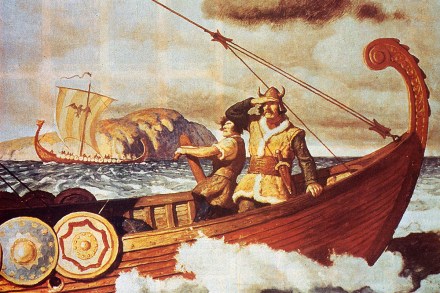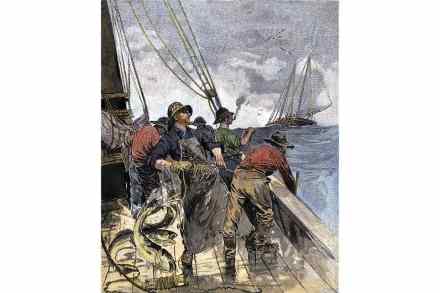Why are the sailors who first braved the Atlantic so often ignored?
It is easy to assume that there is not much to be said about the history of the Atlantic before 12 October 1492, when Christopher Columbus reached the Bahamas. In 2005, the Harvard historian Bernard Bailyn published a little book entitled Atlantic History: Concept and Contours which said absolutely nothing about what happened before Columbus, whom he barely mentioned. Atlantic history meant for Bailyn, and the growing mass of Atlantic historians, the story of modern contacts between the four continents that face the Atlantic, especially the nefarious slave trade linking Africa to the Americas. Earlier centuries were seen as the fishing-ground of fantasists, who looked for ancient Egyptians or Irish


